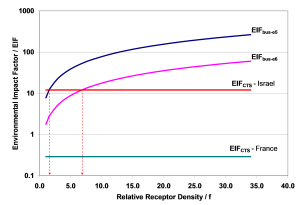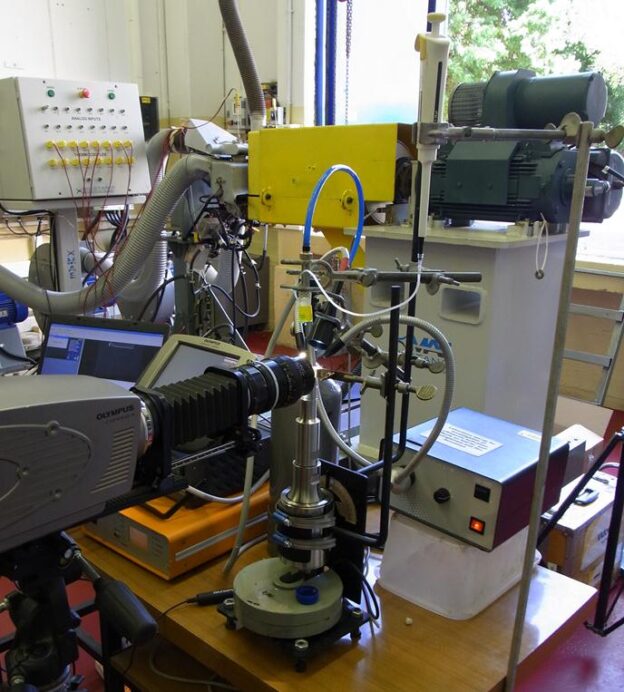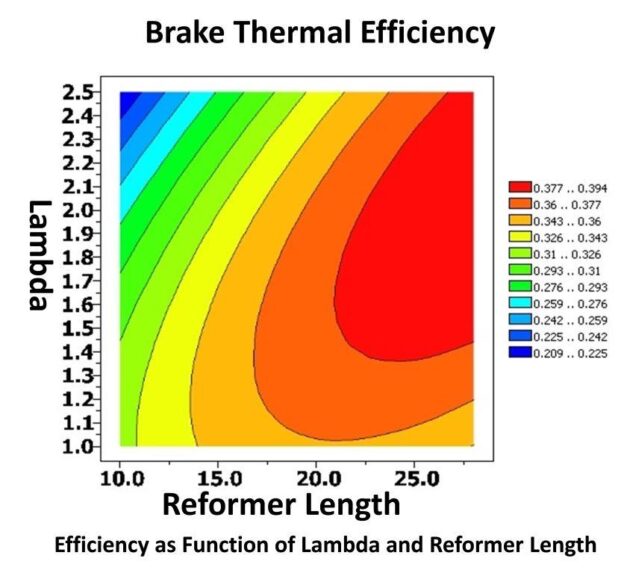TICEL researchers have developed the TEVeS model that enables predicting energy consumption of electric vehicles at various driving conditions. A methodology and performance indicators are developed to assess energy and environmental impacts of advanced transportation systems based on electric vehicles and compare them with the conventional motor-vehicle based systems
























